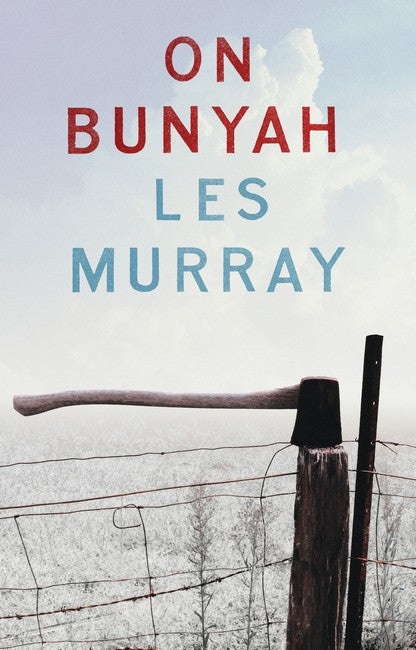Les Murray was born in 1938 and grew up on a dairy farm at Bunyah on the north coast of New South Wales, where he still lives. He studied at Sydney University and later worked as a translator at the Australian National University and as an officer in the Prime Minister's Department. His real vocation was poetry, however, and from 1971 he has made literature his full-time career. He was the first Australian poet to achieve international acclaim without expatriation. Murray first visited Europe in the sixties, and has returned frequently since then to give poetry readings. Carcanet publish his Collected Poems and his New Selected Poems (2012), as well as his individual collections, including Subhuman Redneck Poems (1966, awarded the T.S.Eliot Prize) and The Biplane Houses (2006), and his essays and prose writings in The Paperbark Tree (1992). His verse novel Fredy Neptune appeared in 1998 and in 2004 won the Mondello Prize in Italy and a major German award at the Leipzig Book Fair. He also edited The Quadrant Book of Poetry 2001-2010. Murray has special links with Scotland, and his Scots ancestors, whilst remaining an important and distinctive Australian writer. Blake Morrison, writing in the Independent on Sunday, called Murray: 'one of the finest poets writing in English today, one of the super league which includes Seamus Heaney, Derek Walcott and Joseph Brodsky', and C. K. Stead said of his poetry in the London Review of Books: 'It is wonderfully disciplined writing, offering what poetry and nothing else can offer, an art that arrests one's otherwise ever frustrated sense of the richness of the life that lives only for the moment'. In 1994 Murray was nominated for the Oxford Chair of Poetry and in June 1999 he was awarded The Queen's Gold Medal for Poetry at Buckingham Palace, an honour was recommended by the late Poet Laureate Ted Hughes.
Description
'No one writes like Murray: so truthful, nakedly emotional, wry, watchful. He's set deep in the Australian landscape, writing about back roads, vertigo, sliced bread, old typewriters and the persistence of love. Murray is the holy fool of his own poems, and a hero of poetry.' - Helen Dunmore, The Observer New Review; 'Murray is one of the very few poets with whose best work you feel that having read it you won't, can't be quite the same again.' - London Review of Books; 'Very occasionally you come across something on the page which makes you think "you can't do any better than this." Perfection achieved.' - BBC Radio 4's Saturday Review on On Bunyah

